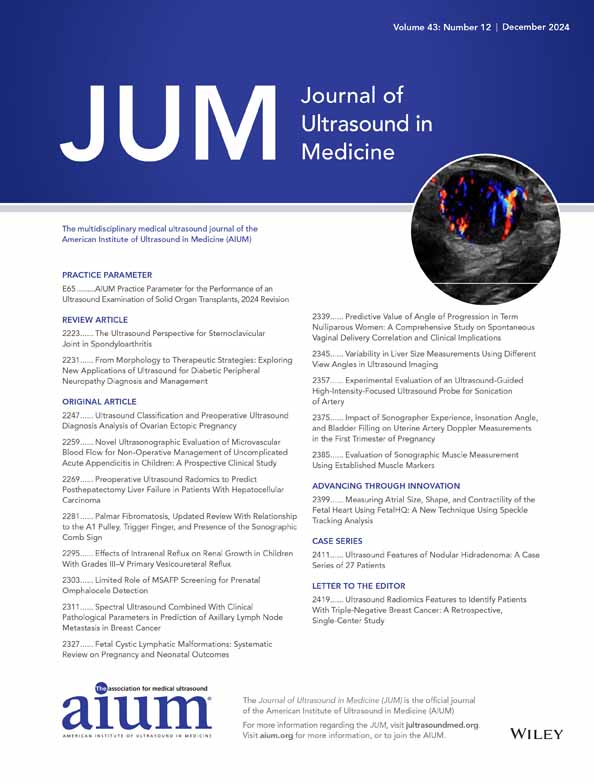Limited Role of MSAFP Screening for Prenatal Omphalocele Detection
The authors acknowledge the patients with omphalocele and their families who have sought care at our institution. These data were first presented at the SMFM 44th Annual Meeting and a similar abstract was subsequently published in the AJOG SMFM Supplement (Volume 230, Issue 1, S581–S582, January 2024): The role of MSAFP screening in prenatal diagnosis of omphalocele. CMP and MAS are supported by T32 GM07526 from the NIH/NIGMS.
Abstract
Objectives
Although serum screening for aneuploidies has become less prevalent, maternal-serum alpha-fetoprotein (MSAFP) screening for body-wall defects remains widespread. We explored whether MSAFP screening is associated with earlier omphalocele detection than ultrasound alone.
Methods
This is a retrospective cohort study of prenatally detected omphalocele cases at our center from 2007 to 2023. We explored the association between MSAFP screening, gestational age at omphalocele detection, and clinical outcomes.
Results
Among 101 pregnancies with prenatally diagnosed omphalocele, 27 (26.7%) had MSAFP screening. The median gestational age at MSAFP screening was 17 weeks 4 days. Of those who received MSAFP screening, 11 (41%) had values ≥2.5 multiples of the median (MoM) and 16 (59%) were not elevated. MSAFP results did not correlate with omphalocele size and were not associated with prenatal or postnatal outcomes. MSAFP screening did not result in earlier suspicion for or confirmation of omphalocele (P = .97 and P = .87, respectively). In contrast, first-trimester ultrasound screening was associated with earlier suspicion for and confirmation of omphalocele (P < .01 and P = .01, respectively). There were no clinical or demographic differences between those who received MSAFP screening and those who did not (including body mass index or commute distance to an urban center).
Conclusion
MSAFP screening is not associated with earlier omphalocele detection. Furthermore, in pregnancies with prenatally diagnosed omphalocele, the results of MSAFP screening are not predictive of clinical outcomes.
Open Research
Data Availability Statement
Due to privacy restrictions, individual-level raw data are not available for sharing outside our institution. Please direct data requests to the corresponding author.




